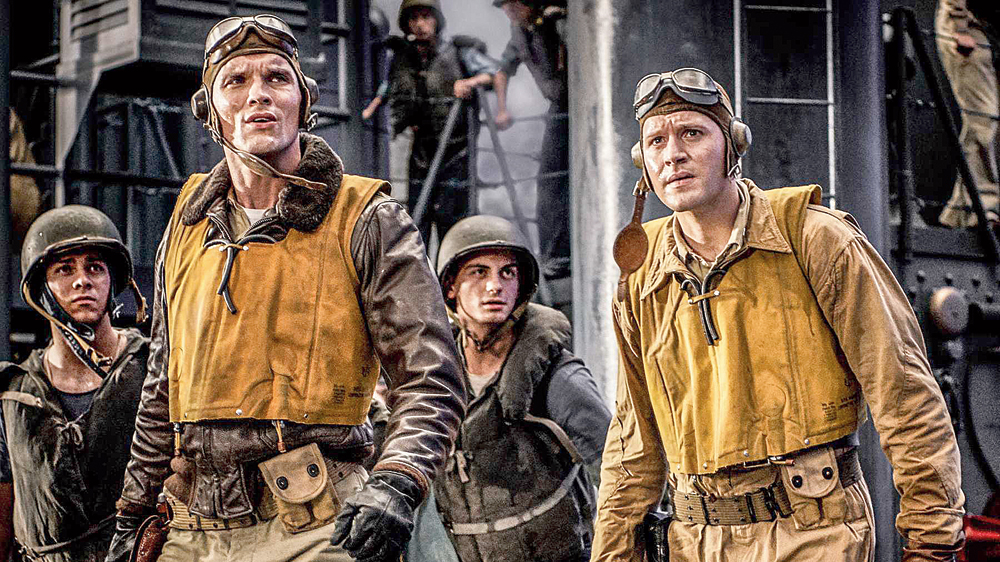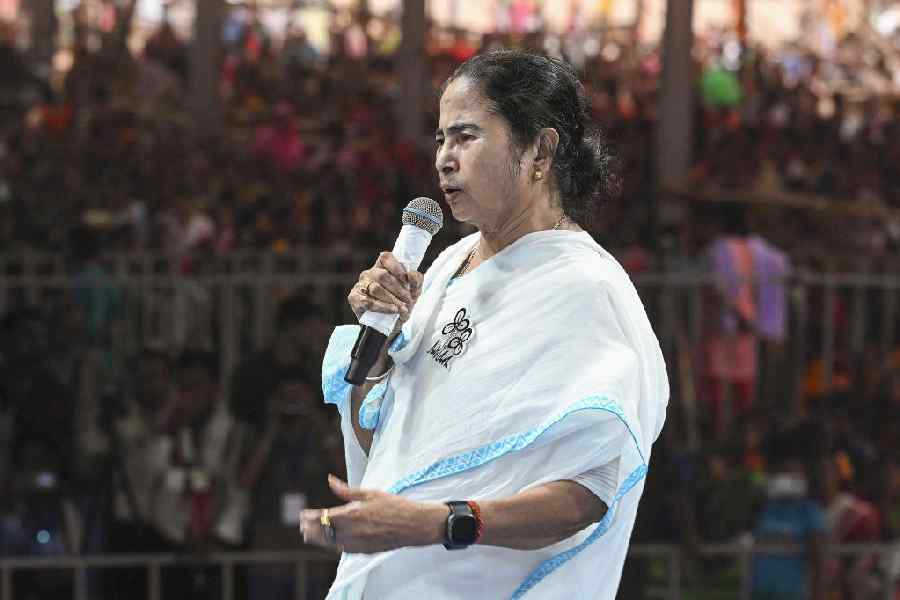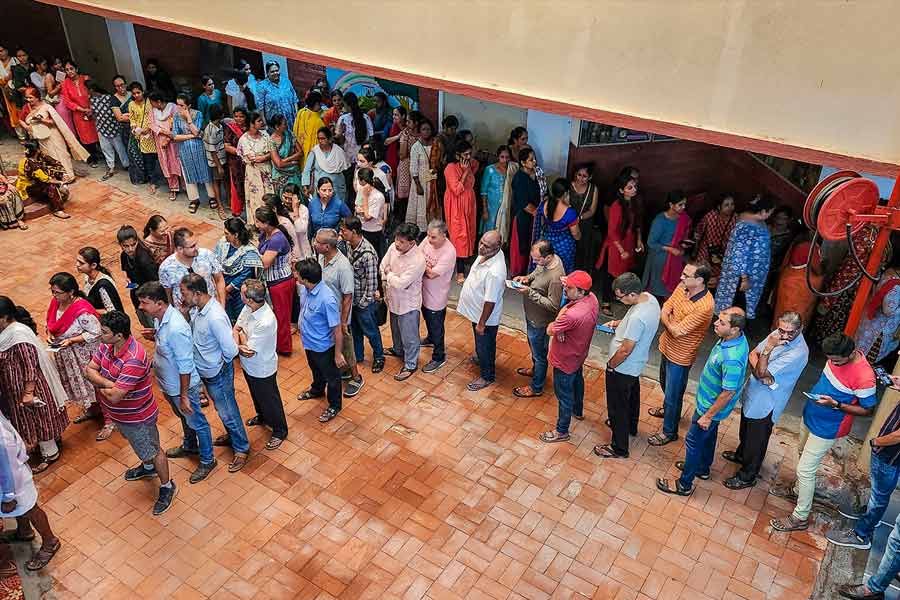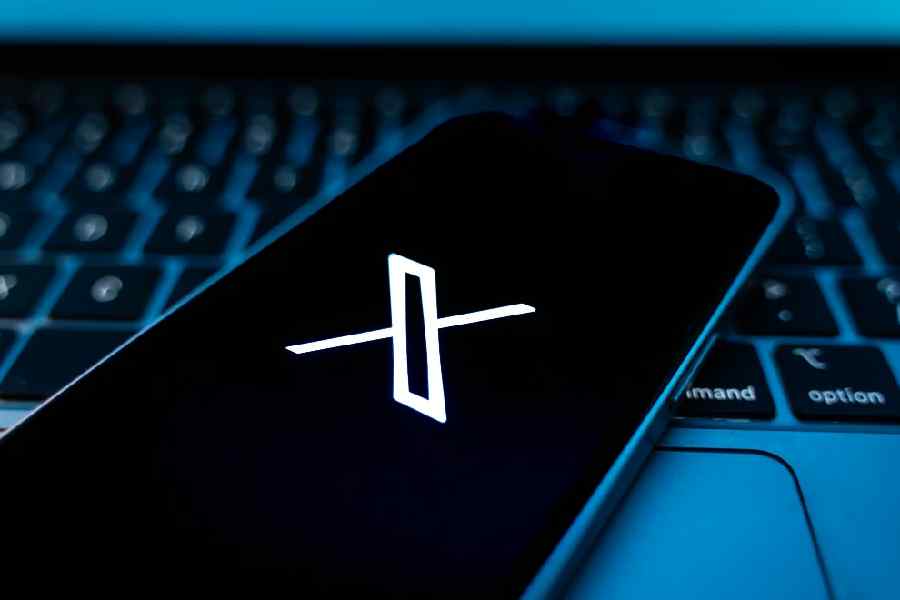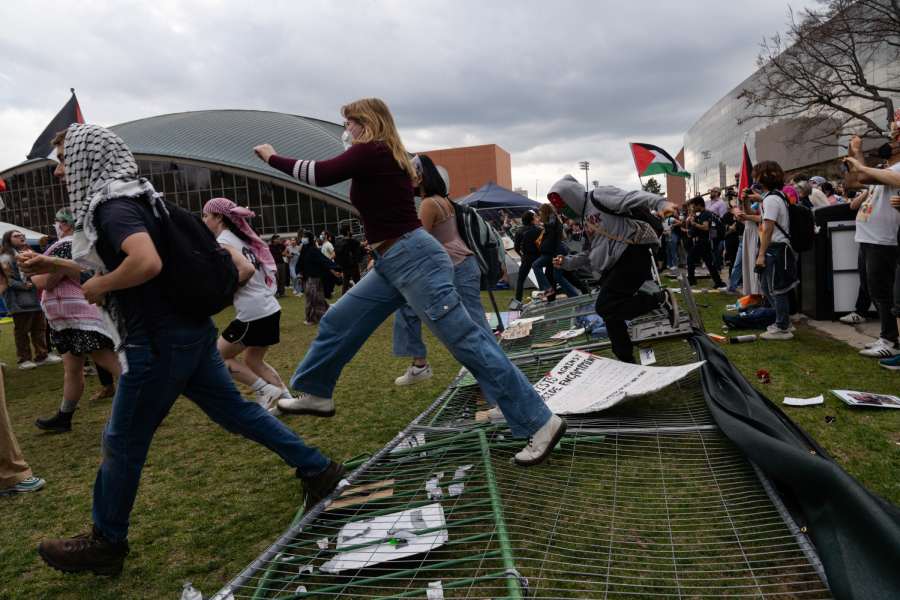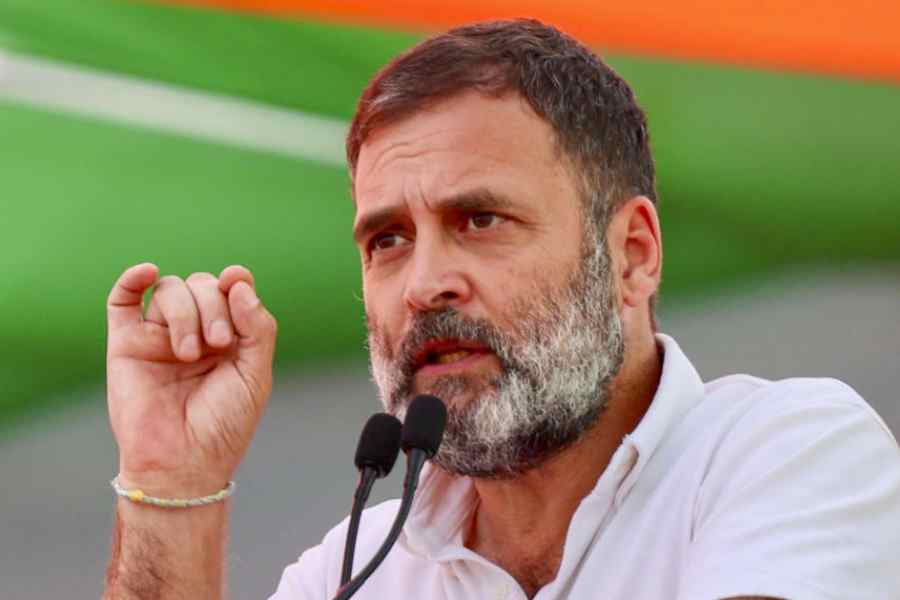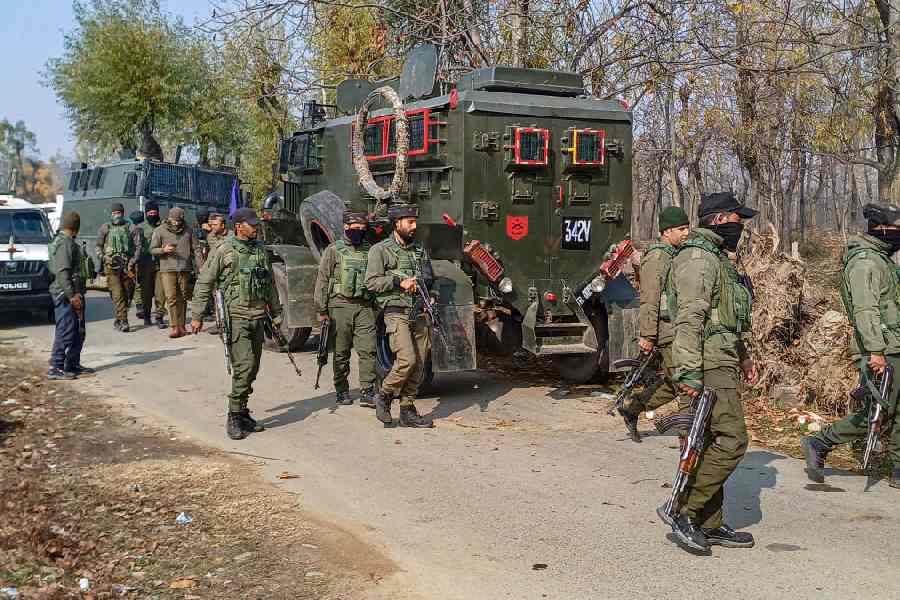To say that Midway, a new cinematic re-creation of the decisive 1942 air and sea battle from Roland Emmerich, the director of Independence Day, soars to the heights of his best work is to say it sputters along at sea level. It is rousing and respectful in its best moments and faintly ridiculous in others.
The film belongs to a particular lineage of World War II picture (Tora! Tora! Tora! and the 1976 Midway”) that — unlike, say, Christopher Nolan’s Dunkirk — prioritises scope over individual drama. To cram all the complexities of geography and who was where when into less than two and a half hours, Midway resorts to having its characters converse in exposition, sacrificing one form of verisimilitude for another.
“We get 80 per cent of our oil from your country,” the Japanese admiral Isoroku Yamamoto (Etsushi Toyokawa) informs Edwin Layton (Patrick Wilson), an American naval intelligence officer, when they meet in a prologue set in 1937. The audience needs that clunkily relayed context for Pearl Harbor, the first combat spectacle that Emmerich stages.
The film’s most exciting sequences put you in the seat of Dick Best (Ed Skrein), a naval pilot known for taking chances, as he risks his life repeatedly, dive-bombing airstrips on carriers to handicap Japan’s fighting ability. With point-of-view shots and sound that comes at you from all directions, Emmerich conjures an immersive sense of hurtling toward almost-certain death while under heavy fire.
“Men like Dick Best are the reason we’re going to win this war,” says Wade McClusky (Luke Evans), a fellow pilot. While code-breaking did give Americans the jump on the Japanese arrival at Midway, the people in the film talk with such portent that the movie almost gives the impression that they can see all the way to 1945.
The British-born Skrein’s stab at a New Jersey accent seems almost as reckless as his character’s actions in the air, although Dennis Quaid gives him some competition in the mumbling department.
The Japanese get a decent share of screen time but a much less generous portrayal, in which they tend to speak in premonitions of their own defeat. (“Brave men,” one says of the Americans. “We are fortunate they have such bad planes.”)
Seen briefly, the great John Ford (Geoffrey Blake) — who in the 1942 short The Battle of Midway documented the fighting at such close range that you can detect the film shaking in the camera from the explosions — is relegated to mere comic relief in this movie. “Keep shooting, keep shooting,” he orders the cameraman after he’s knocked off his feet. Now Ford is a director who could find the poetry in history.

